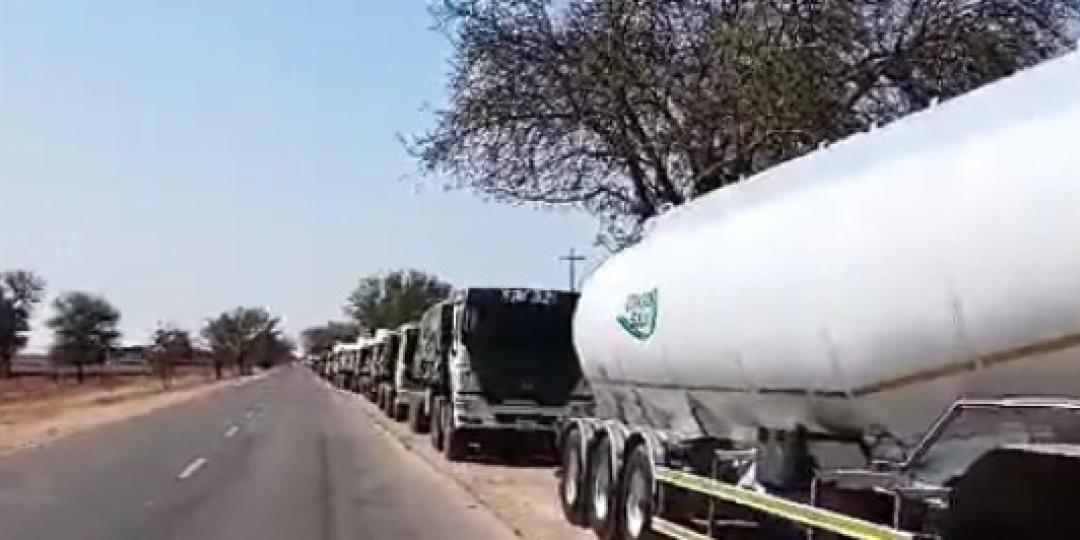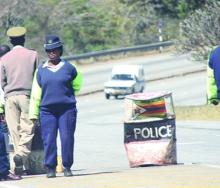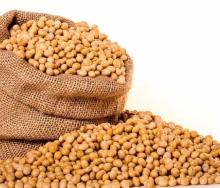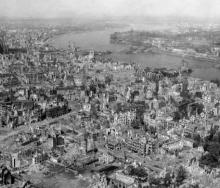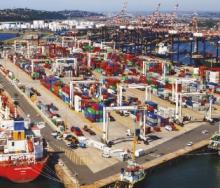Intervention by the Border Management Authority (BMA) at South Africa’s Groblersbrug Border Post with Botswana seems to be having the desired effect for dangerous goods (DG) trucks and refrigerated carriers.
It comes after tankers and fast-moving consumer goods (FMCG) transporters complained of getting stuck at the DG truck park near the border control zone.
One fuel carrier told the Transit Assistance Bureau (Transist) that it was taking at least days to proceed through the transit, generally used for over-border road freight between South Africa and the Copperbelt in Zambia and the Democratic Republic of the Congo.
At one stage, prior to the BMA getting involved, the tanker operator said he had 19 trucks waiting to cross the Limpopo River.
Mike Fitzmaurice, regional vice president of the African Union’s Organisation for Transport and Logistics, said the build-up was caused by the DG truck park using its facility for all types of freight, including dry bulk and general cargo.
“It’s really supposed to be used for DG and FMCG cargo, but the truck park owners seem to think profits can be maximised by bringing all sort of trucks.”
Compounding the problem was inadequate control of the queue, specifically of trucks leaving the park.
Fitzmaurice said preference should really be given to Hazchem and refrigerated cargo carriers, especially transporters that had pre-cleared cargo under the authorized economic operation (AEO) Programme of the South African Revenue Service.
He said at one stage Customs was asked to assist traffic control, but officials said they could only assist with AEO cargo once it was in the control zone.
“This doesn’t make any sense. If you’re going to have a green lane it needs to start before the border. There has to be some priority for AEO members, otherwise what’s the point. They have pre-cleared cargo, so why should they get stuck in the queue?”
An enquiry sent by Freight News to BMA deputy assistant commissioner of marketing and communications, Mmemme Mogotsi, brought the following reply: “The management of Groblersbrug, together with the Botswana counterparts, has initiated control measures to speed up the clearance of dangerous goods, including perishable goods, to minimise risks.”
She said: “Tankers with diesel and other cargo are exempted in terms of queueing at the port. They need to inform us of what they are carrying through the pre-clearance system initiated by Sars.”
Mogotsi added: “Law enforcement authorities that we are working with, such as the Cross-Border Road Transport Agency and traffic police, are assisting us to ensure compliance in terms of prioritising hazardous goods.
“We are doing our best to clear all cargo and hazardous goods at the port.”
Although improvement was initially slow, a transporter told Transist that a driver had confirmed that Customs officials were beginning to pull trucks out of the queue to fast-track processing at the border.
The operator said initial reaction by authorities to manage the queue at Groblersbrug showed that they were not managing the queue properly and needed a better system due to the increase of traffic using the border.
A suggestion to split the queue at the border, into pre-cleared cargo carriers and non-compliant transporters, has received both positive and negative feedback.
Whilst a clearing agent said it was not a good idea based on the border’s physical dynamics, and that other drivers would complain about perceived favouritism, a trade facilitator indicated that it required management at the physical location.
Once it was figured out how to split the queue between AEO and operators and the rest, it could be applied at other borders, the facilitator said.
Another driver has already responded, explaining how waiting time at Groblersbrug (GRB) could lead to over-ripening of dry bulk cargo.
“We carry wheat to Zambia via GRB.
“With high temperatures at GRB through the day and colder temperatures during the night, condensation take place underneath the tarps.
“So, if trucks are spending three to six days in the line at GRB waiting to cross to Botswana, this wheat start to sprout.”
As a consequence, wheat is often not accepted on arrival at mills in Zambia.
With DG and FMCG freight now getting preference at Groblersbrug, “how are they going to accommodate us?”, the transporter said.
